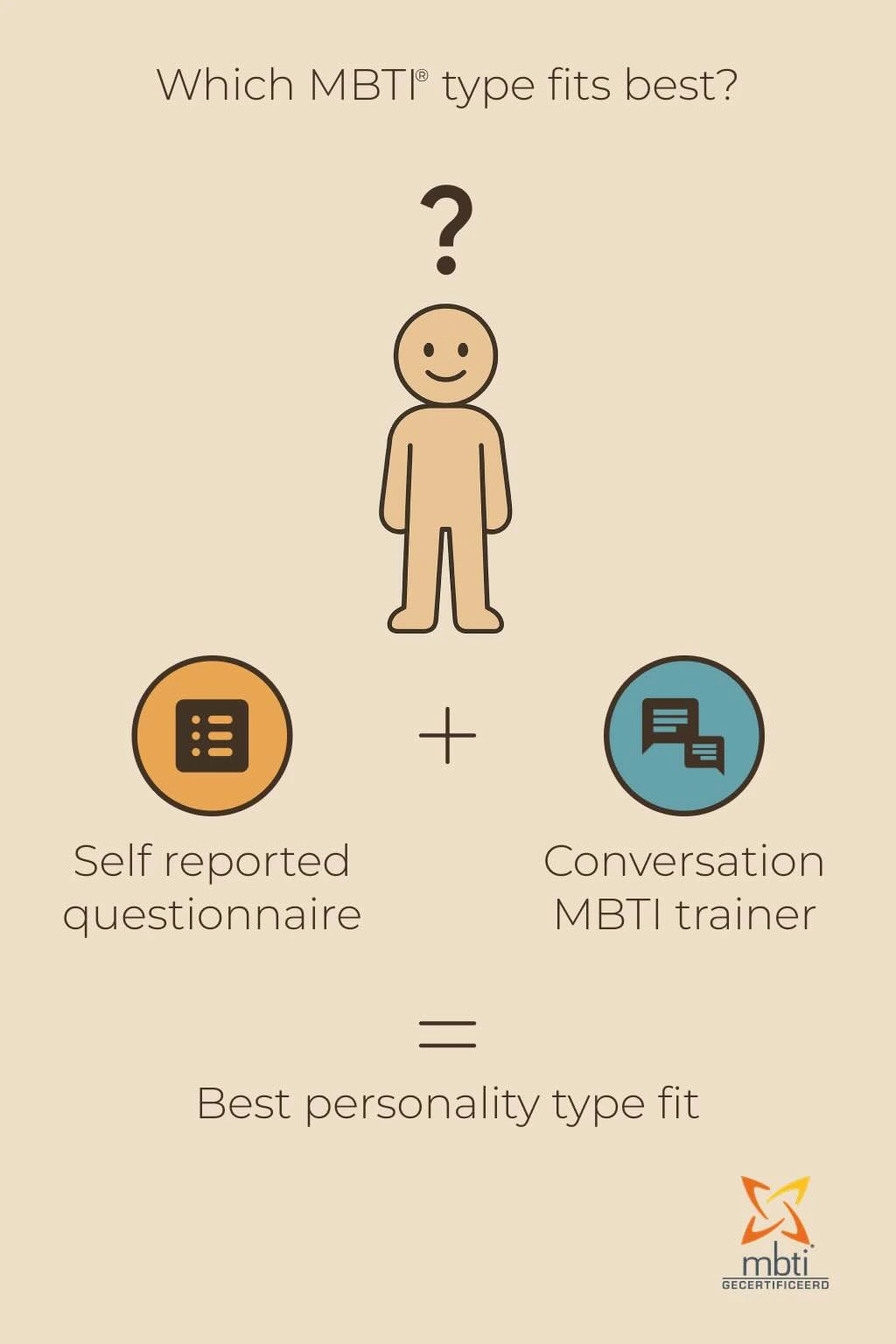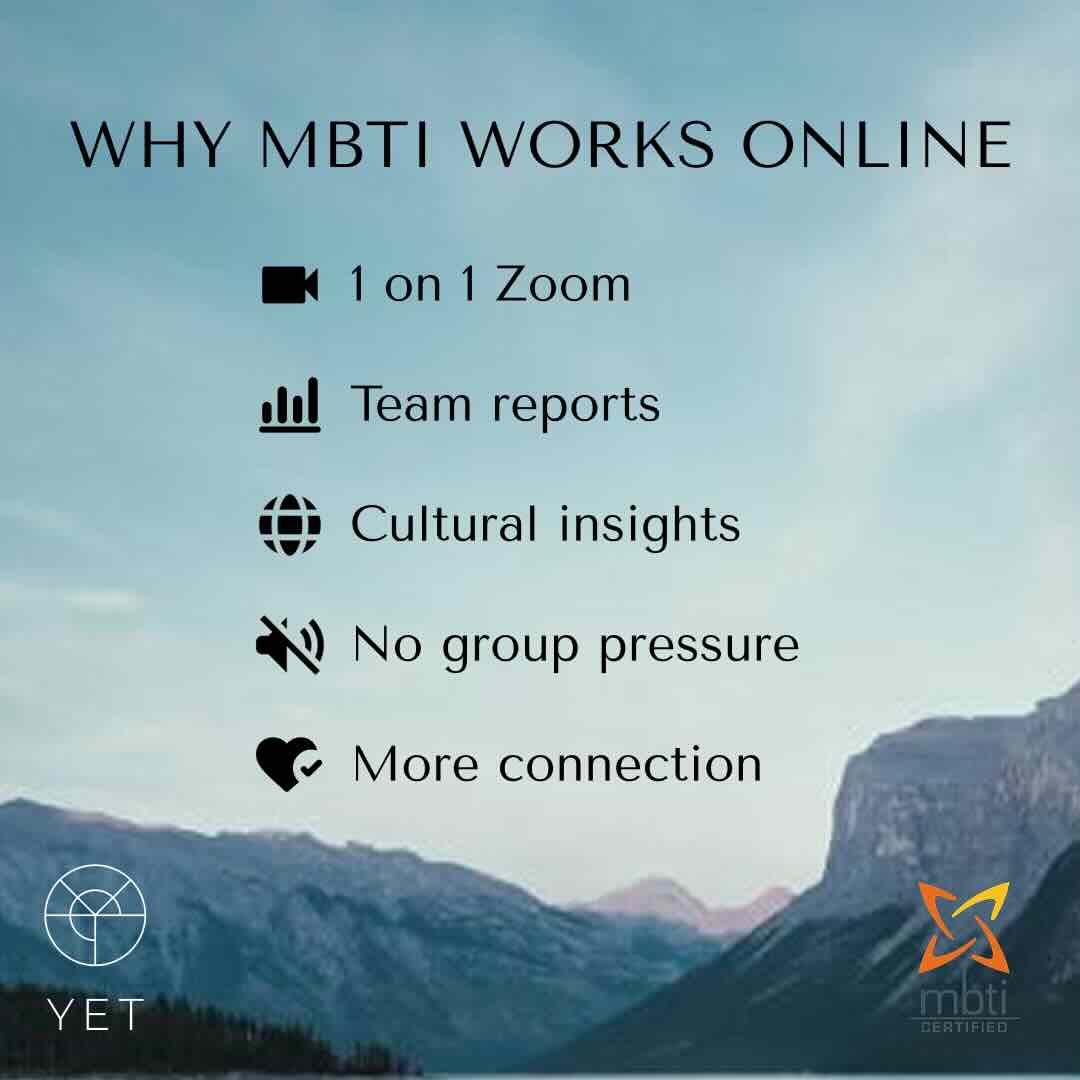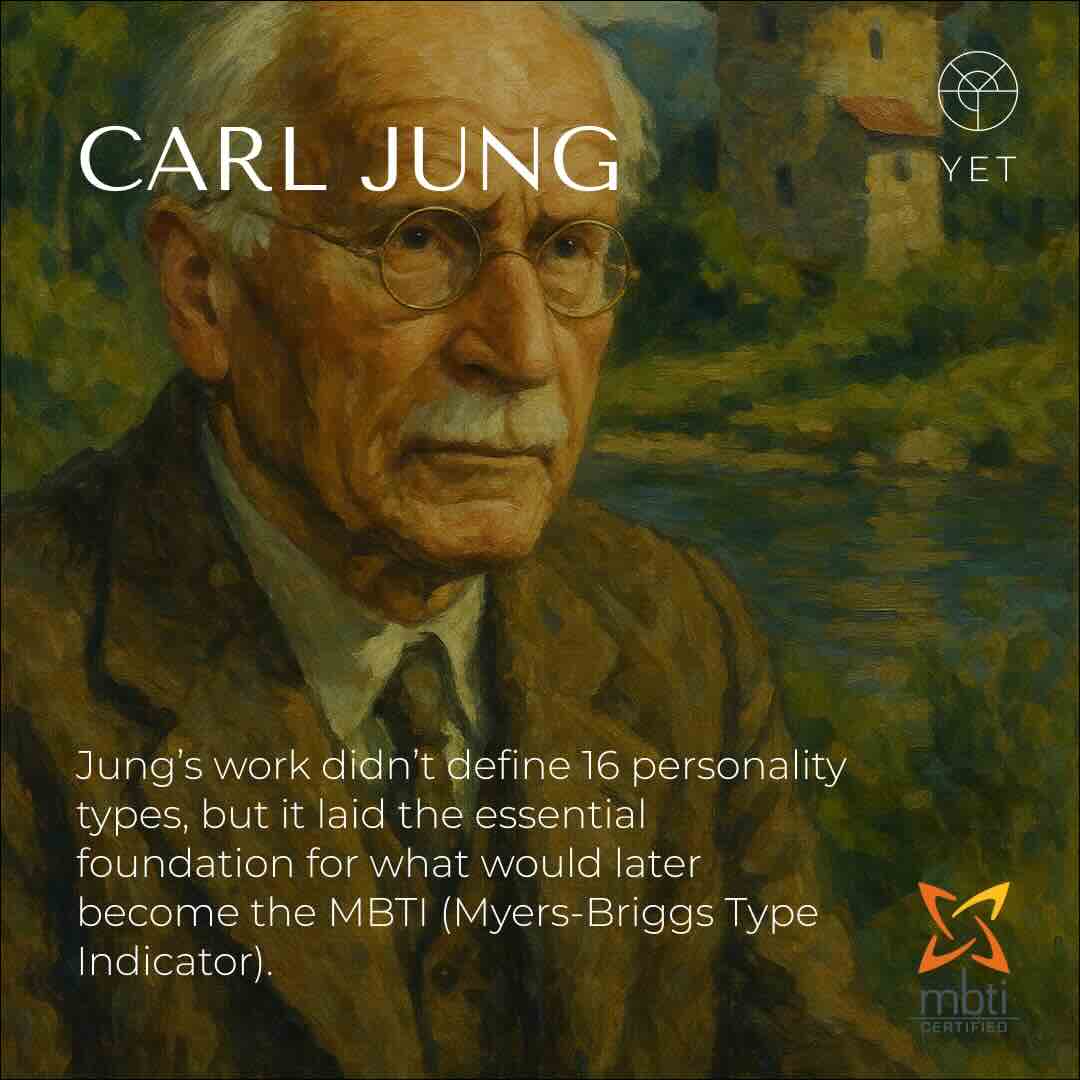Albert Einstein is often associated with brilliant insights, and one of the most inspiring quotes attributed to him aligns perfectly with the essence of the 16 personality test and MBTI personality theory:
“Everyone is a genius. But if you judge a fish by its ability to climb a tree, it will live its whole life believing it is stupid.”
This quote highlights a significant issue in our society: success is often measured by a single universal standard, without considering individual differences. This applies not only in education but also in the workplace and personal development. The 16 personality test helps us understand where our unique talents lie, so we stop comparing ourselves unnecessarily to others and start embracing our strengths.
The Power of Individual Strengths
Each person has a unique set of traits, preferences, and talents. However, many are judged by standards that do not suit them. An Extraverted salesperson may effortlessly connect with clients, while an Introverted strategist excels in deep analysis. Yet, Introverts often hear that they should “come out of their shell,” while Extraverts might be labeled as “too loud.” These labels can make us feel inadequate, even though we have the potential to thrive in our own way.
The 16 personality test provides a framework to better understand and utilize these unique talents. It helps not only individuals recognize their strengths but also teams and companies optimize their talent pool.
Why the 16 Personality Test Helps You See Your True Potential
The 16 personality test, based on Carl Jung’s theory of psychological types, reveals different ways people process information and make decisions. No personality type is “better” than another; they are simply different. Yet, we often compare ourselves to others in ways that fail to acknowledge our unique strengths.
Some examples of how different personality types might struggle when placed in the wrong environment:
- INFP (The Thoughtful Idealist): Creative and empathetic but feels drained in a corporate job with strict deadlines.
- ESTJ (The Efficient Organizer): Thrives on structure and efficiency but feels lost in a chaotic, creative environment.
- ISTP (The Logical Pragmatist): Loves hands-on problem-solving but gets frustrated in a job filled with endless meetings.
- INFJ (The Insightful Visionary): Deep thinker with strong values but may struggle in a fast-paced, high-pressure sales job.
- ENTP (The Enterprising Explorer): Enjoys brainstorming and debating but feels stifled in rigid corporate structures.
- ESFJ (The Supportive Contributor): Excellent at creating harmony but might struggle in workplaces with little social interaction.
- INTJ (The Conceptual Planner): Strategic and independent but frustrated in micromanaged environments.
- ISFJ (The Practical Helper): Nurturing and detail-oriented but overwhelmed in highly unpredictable jobs.
- ENFP (The Imaginative Motivator): Full of enthusiasm and creativity but may struggle with rigid routines.
- ISTJ (The Responsible Realist): Organized and disciplined but uncomfortable in constantly shifting work environments.
- ENTJ (The Decisive Strategist): Strong leader but might struggle in roles that lack authority or strategic challenges.
- ESFP (The Enthusiastic Improvisor): Energetic and fun-loving but feels stifled in overly structured or monotonous jobs.
- INTP (The Objective Analyst): Deeply analytical but may struggle in roles requiring constant social interaction.
- ISFP (The Versatile Supporter): Creative and flexible but frustrated in high-pressure, rule-driven work environments.
- ENFJ (The Compassionate Facilitator): Inspiring leader but might struggle in workplaces with little team engagement.
- ESTP (The Energetic Problem Solver): Thrives in action and spontaneity but feels trapped in slow-moving, bureaucratic settings.
Recognizing your natural strengths helps you make choices that suit you better, ensuring that you are not judged by abilities that are irrelevant to your type.
Application in the Workplace and Daily Life
When businesses measure success solely based on Extraverted traits like assertiveness and quick decision-making, they often overlook the strengths of Introverted or reflective individuals. However, a team functions best when there is a balance between different personalities.
Using the 16 personality test in team analysis can help employers and employees understand how to make the most of each other’s strengths. This prevents frustration and increases overall effectiveness.
Furthermore, this test helps individuals choose work environments that align with their natural talents rather than forcing themselves to fit into an unsuitable mold.
Conclusion: Embrace Who You Are
Einstein’s quote reminds us that everyone has talent, as long as it is valued in the right way. The 16 personality test helps us discover where our strengths lie and how to maximize them, both in our careers and personal lives.
So ask yourself: is your value being measured in a way that suits who you truly are? Or are you trying to make a fish climb a tree?
By understanding your MBTI type through the 16 personality test, you can not only leverage your strengths but also stop measuring yourself against the wrong standards. Take a personal zoom session today and start embracing your unique genius!



